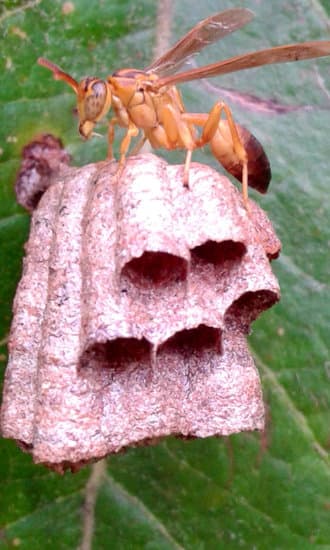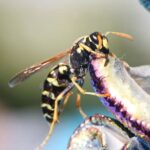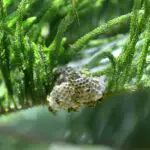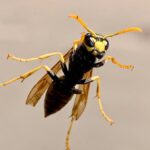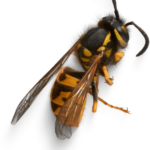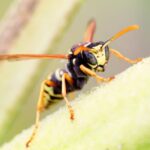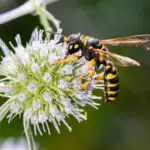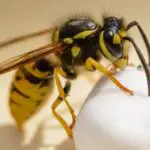How Do Wasp Stings Affect Cats?
Usually, cats do not suffer from severe allergic reaction to bee stings. However, there is a subset of cats who suffer a life-threatening allergic reaction. If your cat gets stung, it is essential that you consult a veterinarian right away.
The first thing you need to do is monitor your cat’s behavior and health for the next 24 hours. Symptoms of a bee sting may include itching, excessive licking, and scratching at the sting site. You should also be alert for signs of allergic shock. These signs include changes in cardiac activity and irregular heartbeat, as well as respiratory difficulties.
If your cat gets stung on the mouth, it is important to contact your veterinarian immediately. Swelling around the sting site is common and usually subsides after a few hours. Swelling in the throat can cause difficulty eating.
A cold pack can also be used to ease the pain. You can wrap an ice pack in a towel and place it on the affected area. This will help to reduce the swelling.
It is also important to keep the affected area dry. If the sting is in the nose or mouth, soft food should be given. If the sting is on the paws, you can use cat booties to prevent your cat from scratching at the wound.
If your cat suffers from a severe reaction to bee stings, it is essential to see a veterinarian. Your cat may need a steroid treatment or an antihistamine.
